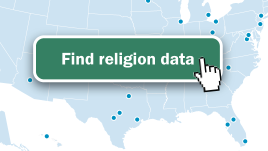
Numbers, Facts and Trends Shaping Your World

Teens and Internet, Device Access Fact Sheet
Today, nearly all U.S. teens (96%) say they use the internet every day. And the share of teens who report being online “almost constantly” has roughly doubled since 2014-15 (24% then vs. 46% today).
- Related: Teens and Social Media Fact Sheet
Latest Publications
Most Popular
Politics & Policy

Americans Have Mixed to Negative Views of Trump Administration Immigration Actions
The public is split over local law enforcement helping deportation efforts, and majorities disapprove of suspending asylum applications.
Features
Internet & Technology

34% of U.S. adults have used ChatGPT, about double the share in 2023
Use for work, to learn something new, or for entertainment has risen since March 2023. Adults under 30 are especially likely to use the chatbot in these ways.

Few Americans pay for news when they encounter paywalls
Among adults who have not paid for news in the past year, the most common reason they cite is that they can find plenty of other news articles for free.

Republicans and Democrats on X differ over the site’s politics and their experiences
Most X users say their recent experiences using the platform have been mostly positive or neutral.

83% of U.S. adults use streaming services, far fewer subscribe to cable or satellite TV
Americans’ use of streaming services varies by age and income, but it’s still relatively common across groups.

What Is News?
As people are exposed to more information from more sources than ever before, how they define and feel about “news” has become less clear-cut.
Religion

How the Global Religious Landscape Changed From 2010 to 2020
Christians remain the largest religious group, and Muslims grew the fastest from 2010 to 2020. Read how the global share of Buddhists, Hindus, Jews and the religiously unaffiliated changed.

Support for Christian prayer in U.S. public schools varies widely by state
Just over half of U.S. adults (52%) say they favor allowing public school teachers to lead their classes in prayers that refer to Jesus.

How U.S. Muslims compare with other Americans religiously and demographically
U.S. Muslims tend to be younger and more highly educated than other Americans. But they’re similar to Christians on many religiousness measures.

47% of U.S. Adults Have a Personal or Family Connection to Catholicism
Nearly half of U.S. adults are connected to Catholicism. Read about going to Mass, Communion, confession and more.
Economy & Work

5 facts about food costs in America
About six-in-ten U.S. adults say food costs are extremely or very important to them when deciding what to buy.

Growing share of U.S. adults say their personal finances will be worse a year from now
About half of Americans (48%) say they have emergency or rainy day funds that would cover their expenses for three months.

How Americans view trade between the U.S. and China, Canada and Mexico
Americans are most skeptical about U.S. trade with China: 10% say it benefits the U.S. more than China, while 46% take the opposite view.

Blue-collar workers are less satisfied at work, less attached to their jobs than other U.S. workers
Among blue-collar workers, 43% say they feel extremely or very satisfied with their jobs; by comparison, 53% of other workers express this level of satisfaction.
Our Methods
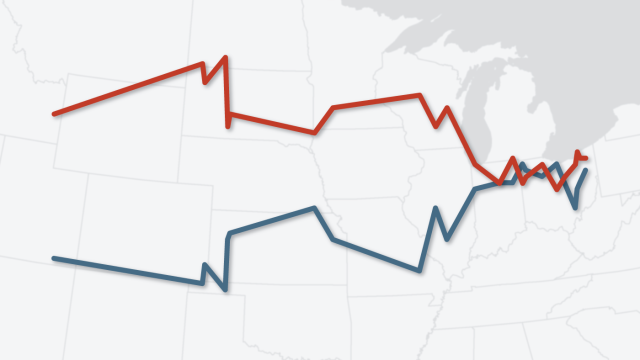
U.S. Surveys
Pew Research Center has deep roots in U.S. public opinion research. Launched as a project focused primarily on U.S. policy and politics in the early 1990s, the Center has grown over time to study a wide range of topics vital to explaining America to itself and to the world.
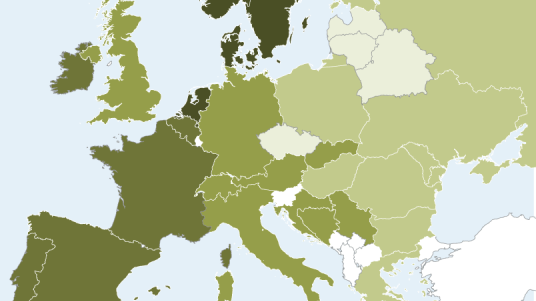
International Surveys
Pew Research Center regularly conducts public opinion surveys in countries outside the United States as part of its ongoing exploration of attitudes, values and behaviors around the globe.
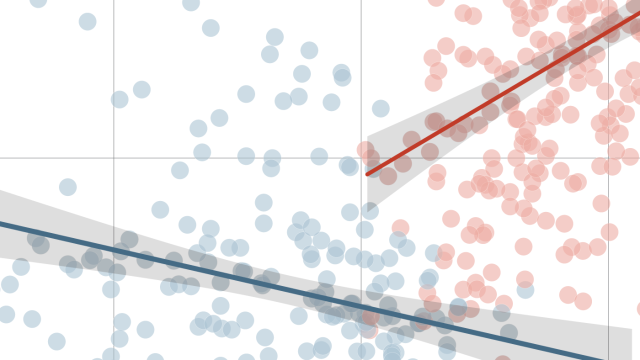
Data Science
Pew Research Center’s Data Labs uses computational methods to complement and expand on the Center’s existing research agenda.
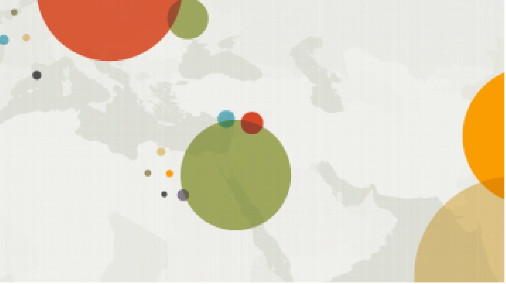
Demographic Research
Pew Research Center tracks social, demographic and economic trends, both domestically and internationally.
Our Experts
“A record 23 million Asian Americans trace their roots to more than 20 countries … and the U.S. Asian population is projected to reach 46 million by 2060.”

Neil G. Ruiz,
Head of New Research Initiatives
Methods 101 Videos

Methods 101: Random Sampling
The first video in Pew Research Center’s Methods 101 series helps explain random sampling – a concept that lies at the heart of all probability-based survey research – and why it’s important.
Signature Reports

Decline of Christianity in the U.S. Has Slowed, May Have Leveled Off
America’s News Influencers
Race and LGBTQ Issues in K-12 Schools
Representative Democracy Remains a Popular Ideal, but People Around the World Are Critical of How It’s Working
Americans’ Dismal Views of the Nation’s Politics
Measuring Religion in China
Editor’s Pick

Are children better off when one parent has a job or when both do? U.S. teens differ in their views
Teens, Social Media and Mental Health
What the data says about crime in the U.S.
How Americans view Israel and the Israel-Hamas war at the start of Trump’s second term
What the data says about gun deaths in the U.S.
How Americans view Elon Musk and Mark Zuckerberg
Race & Ethnicity

How Much Discrimination Do Americans Say Groups Face in the U.S.?
Views of Race, Policing and Black Lives Matter in the 5 Years Since George Floyd’s Killing
Key facts about Asians in the U.S.
How Americans feel about making English the official language of the U.S.
Trump’s executive order on birthright citizenship draws more disapproval than approval
International Affairs














